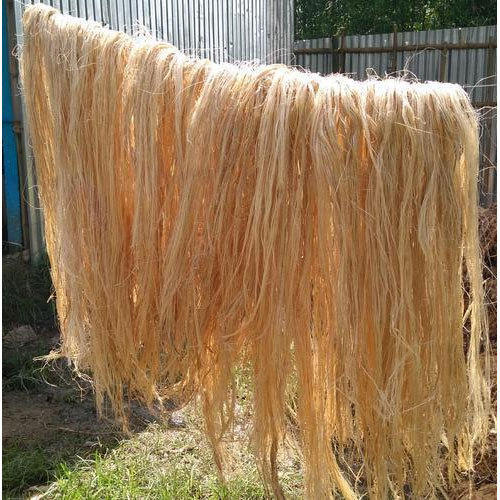The ancient wisdom is often overlooked In a world that rushes toward modern solutions, that has sustained communities for centuries. Indigenous knowledge and traditional ecological wisdom are evolving systems that offer deep insights into sustainability, biodiversity conservation, and climate resilience.
For Indigenous communities, nature is not a resource to be exploited but a relative to be cared for. Many cultures see the land, rivers, trees, and animals as part of an interconnected family, where balance and reciprocity define the relationship between humans and nature. Unlike industrial models that focus on control and extraction, Indigenous ecological wisdom teaches coexistence, respect, and regeneration.
Sacred Groves: Nature’s Protected Spaces
In many Indigenous cultures, certain forests, rivers, and mountains are considered sacred and are protected by traditional beliefs. India’s is a home to rare plant and animal species where sacred groves pockets of ancient forests preserved by communities are seen. These areas remain untouched by deforestation, demonstrating how cultural values can act as a natural conservation strategy.
Water Harvesting the Traditional Way
Before large-scale dams and pipelines, Indigenous communities had sophisticated water conservation techniques. In India, stepwells and johads (traditional rainwater harvesting structures) were used to recharge groundwater and ensure water availability year-round.
Healing Through Plants
Indigenous medicine systems rely on herbal remedies that have been refined over generations. The Siddha and Ayurveda traditions of India also trace their roots to Indigenous botanical knowledge, demonstrating how traditional wisdom continues to shape healthcare.
Modern Science Meets Ancient Wisdom
What’s fascinating is that science is now validating what Indigenous communities have always known. Studies show that traditional farming techniques enhance soil fertility, biodiversity, and climate resilience. For example, agroforestry, a traditional practice of growing trees alongside crops, is now being promoted globally as a solution for carbon sequestration and food security.
Governments and environmental organizations are starting to recognize that conservation cannot happen without Indigenous leadership. Programs that integrate Indigenous ecological knowledge into climate action are proving to be more effective than purely scientific approaches.
A Future Rooted in Wisdom
As we face ecological crises, it’s time to listen. Not just to policy-makers and scientists, but to those who have lived in harmony with nature for generations. Indigenous knowledge is not about going back in time it’s about moving forward with wisdom, balance, and a renewed respect for the Earth. Perhaps the most urgent lesson from traditional ecological wisdom is this: we do not own nature we belong to it.





